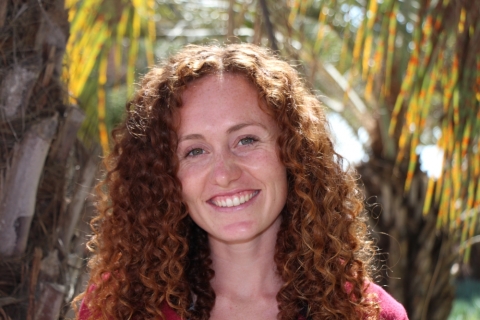
Date:
Location:
Speaker:
Abstract
While most synthetic polymers are best described by their statistical nature, many biological polymers derive their highly tailored functions from precisely defined monomeric sequences. Sequence-controlled polymers, such as polypeptoids, present a unique tool for controlling material properties by harnessing both the robustness of synthetic polymers and the ability to tailor the inter- and intra-molecular interactions so crucial to many biological materials. Significant progress has been made towards predicting how protein folding is controlled by monomer sequence and interactions with water, but a thorough understanding of how to use polymer sequence to similarly control chain conformation and resulting functionality in synthetic polymer assemblies is lacking. Similarly, advances in understanding the effect of polymer surface chemistry and topology on hydration water dynamics and resulting polymer-solute interactions lags behind analogous protein hydration studies. Together, the ability to control polymer structure and hydration water behavior via sequence-control offers an avenue to pursue polymeric materials with protein-like functionality. This work focuses on how polypeptoid sequence can be utilized to control polymer conformation and nearby water behavior. First, monomer sequence effects on polymer conformation are probed, primarily making use double electron-electron resonance (DEER) spectroscopy. Second, the sequence specificity of polypeptoids enables observation of multiple hydration environments within multi-chain assemblies via Overhauser dynamic nuclear polarization (ODNP) spectroscopy. Finally, these differences in water behavior are utilized to tune catalytic activity within micelles, much like proteins.



